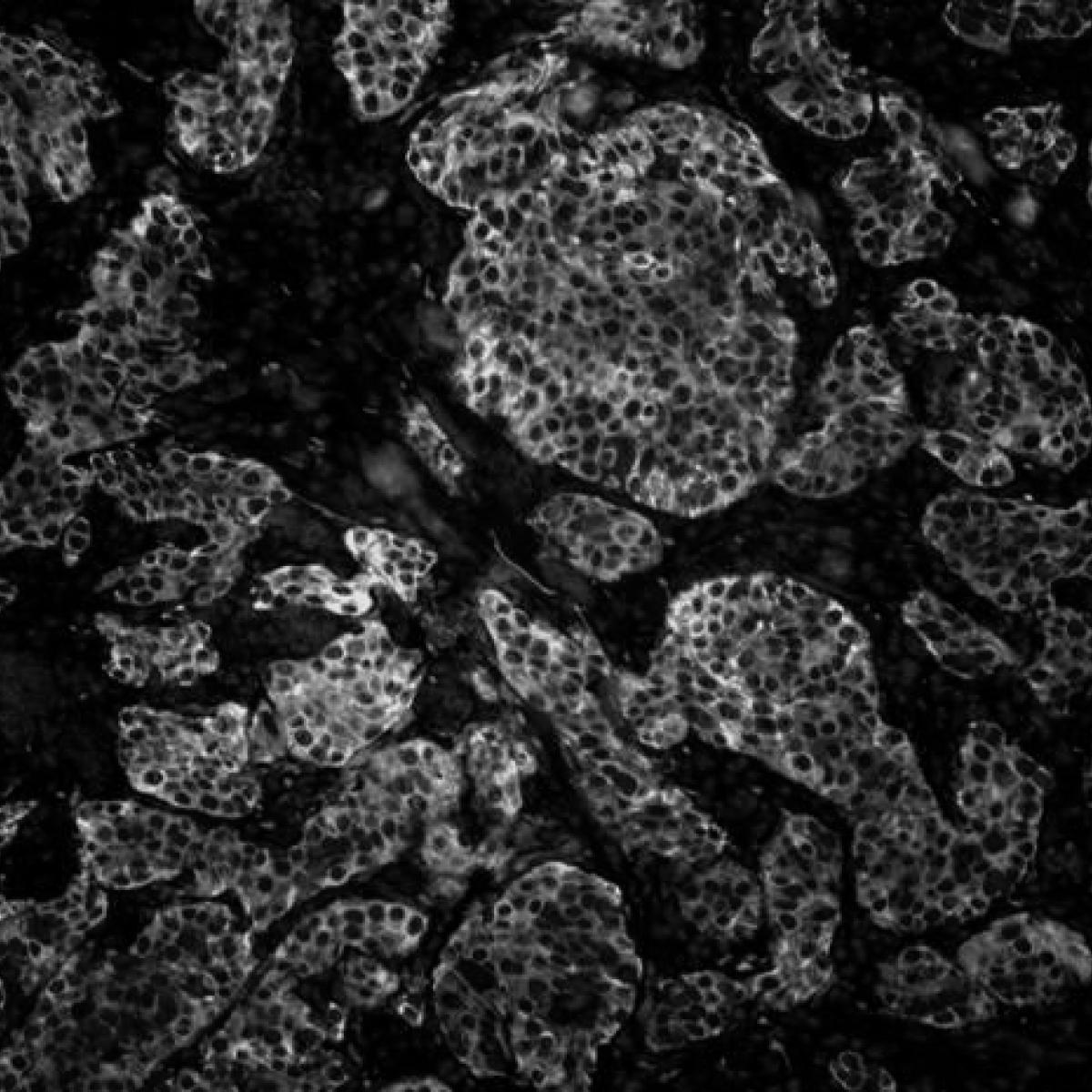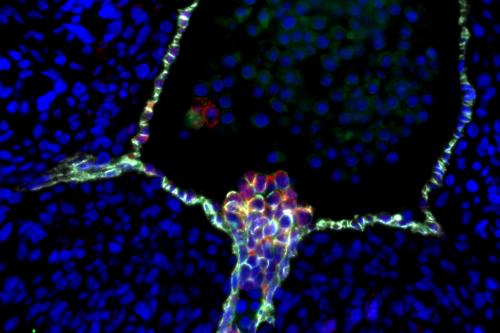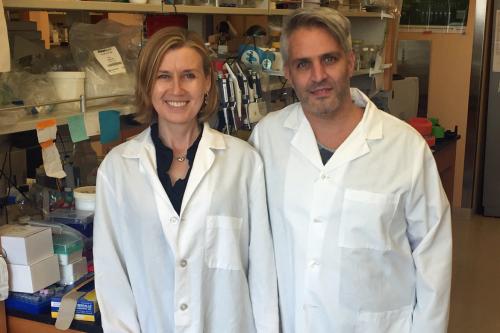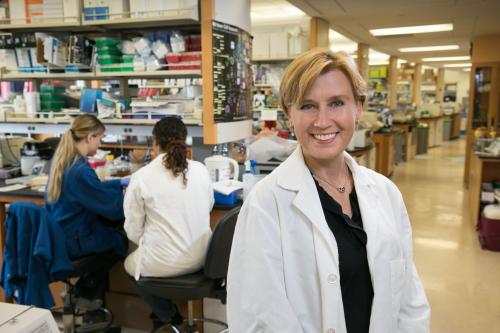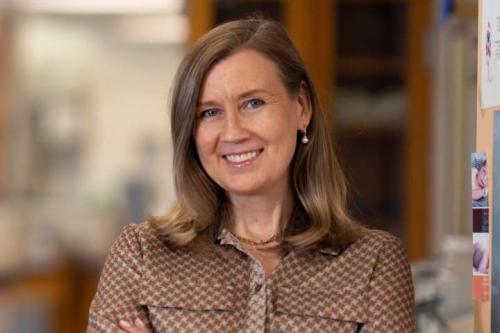
Hanna K.A. Mikkola, M.D., Ph.D.
- Professor, Molecular, Cell and Developmental Biology

Hanna K.A. Mikkola, M.D., Ph.D., studies how blood stem cells are generated during embryonic development and how their ability to self-renew and give rise to differentiated blood cell types is orchestrated by cues from their microenvironment. The ultimate goal of her research is to develop methods to produce functional blood stem cells in the lab, which would enable more effective treatments for leukemia and other blood cell disorders.
The main limitation hindering the development of improved blood stem cell therapies is the inability to maintain these cells’ self-renewal capacity and pluripotency in culture. Mikkola studies fetal hematopoietic microenvironments to better understand the mechanisms that regulate the development of blood stem cells and cardiovascular stem/progenitor cells. These insights will be instrumental in researchers’ efforts to expand cord blood or bone marrow blood stem cells, or generate blood stem cells from human embryonic stem cells, to improve therapies for leukemia and other blood cell disorders.
Mikkola defined novel markers to identify developing blood stem cells as they emerge from hemogenic endothelium and expand in fetal niches during mouse and human development and further determined the niche cells and anatomical sites, such as the placenta, that support blood stem cell development. She has also made strides in deciphering the cell-intrinsic mechanisms that govern the specification and self-renewal of blood stem cells and created a single cell map of human blood stem cell development that traces each step in the process by which they are made in the human embryo — providing scientists with a blueprint for producing fully functional blood stem cells in the lab.
The same mechanisms governing the development and self-renewal of blood stem cells are exploited in leukemogenesis, the process wherein mutations in blood stem cells or progenitor cells result in the development of leukemia. Mikkola seeks to identify members of the transcriptional regulatory network that are involved both in normal blood cell development and in blood cancers. Improved understanding of these regulators will unravel the regulatory mechanisms that are disturbed in leukemias and could serve as a foundation upon which new and better treatments for these diseases can be developed.
Research Projects
- Developing methods to produce functional blood stem cells A type of tissue-specific stem cells found in the blood and bone marrow that can form various types of mature blood and immune cells. These cells play a crucial role in maintaining the body's blood supply and immune system by continuously producing new blood cells throughout a person's life. blood stem cells A type of tissue-specific stem cells found in the blood and bone marrow that can form various types of mature blood and immune cells. These cells play a crucial role in maintaining the body's blood supply and immune system by continuously producing new blood cells throughout a person's life. in the lab to enable more effective treatments for leukemia and other blood cell disorders
- Understanding how distinct isoforms of blood stem cell self-renewal When stem cells self-renew, they divide to make identical copies of themselves. self-renewal When stem cells self-renew, they divide to make identical copies of themselves. regulators control their development and fate decisions
- Defining how different niches direct blood stem cell development and why the niche signals supporting differentiation The process by which stem cells transform into specific, specialized cell types with distinct functions and features. differentiation The process by which stem cells transform into specific, specialized cell types with distinct functions and features. from pluripotent stem cells Stem cells that can undergo self-renewal and differentiation to become any cell type found in the body. The two major types used in research are embryonic stem cells and induced pluripotent stem cells. pluripotent stem cells Stem cells that can undergo self-renewal and differentiation to become any cell type found in the body. The two major types used in research are embryonic stem cells and induced pluripotent stem cells. are insufficient for generating fully functional blood stem cells in a dish
- Deciphering how human blood stem cells facilitate proper sensing of microenvironmental signals through the control of endocytosis
- Defining how aberrant gene regulation caused by Trisomy 21 promotes abnormal fetal blood stem cell production and triggers multi-step transformation to leukemia
-
Post-doctoral fellowships
- Stem Cell Biology, Harvard Medical School, 2005
- Stem Cell Biology, University of Lund, Sweden, 2000
Degrees
- Ph.D., Hematology, University of Helsinki, Finland, 1997
- M.D., University of Helsinki, Finland, 1997
-
